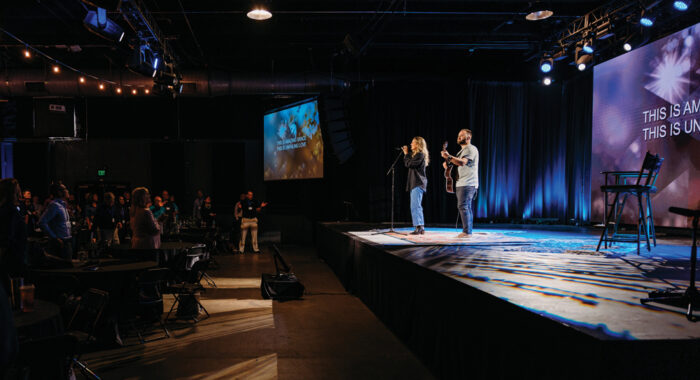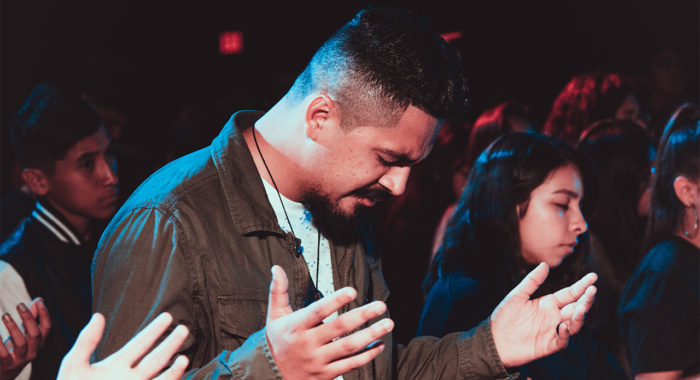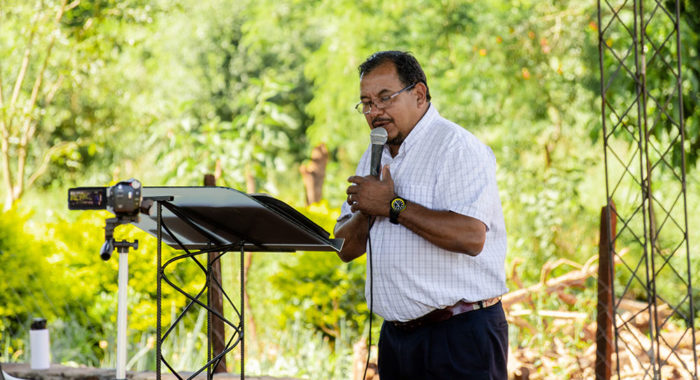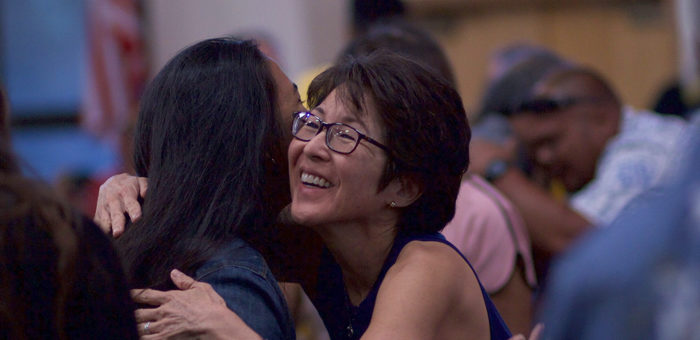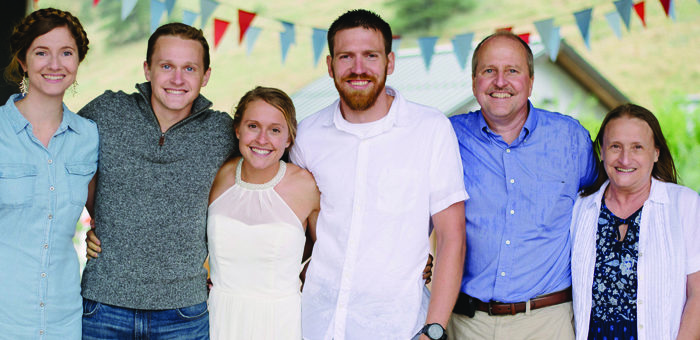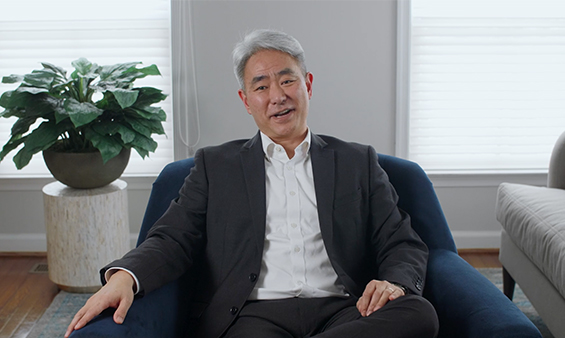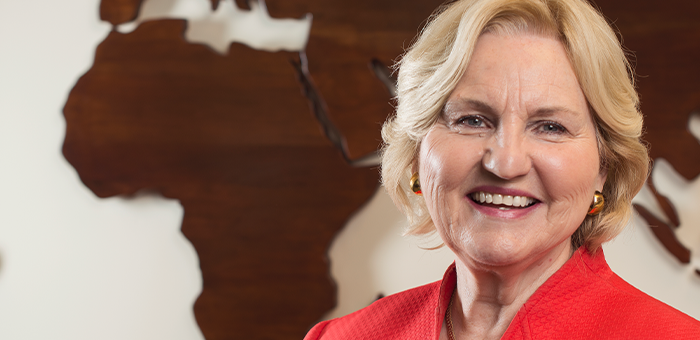In the quarter-century since Mark Noll famously pointed out that the scandal of the evangelical mind was that there was not much of an evangelical mind, many church leaders have dedicated considerable time and effort to addressing the problem. The results of this effort have been mixed at best. As Noll acknowledged recently, he was “more optimistic, though not overwhelmingly so.” Despite the quality work done in evangelical seminaries and universities as well as significant published work by evangelical thinkers across disciplines, recent events suggest that the evangelical mind in its totality seems be continuing its decline.
The past few years have been a painful reminder of the consequences of this decline as we’ve witnessed the growing popularity of conspiracy theories in our churches. While we have taught our people to serve, evangelize, worship and lead, too frequently our pragmatism limits our commitment to discipling our people to think well (Romans 12:2). The result is that a disturbing number of our people — and more than a few pastors — have been ensnared by conspiratorial leaders. In a recent LifeWay Research study, nearly half of pastors reported frequently hearing church members repeating conspiracy theories. In essence, we have produced disciples that are easily “tossed back and forth by the waves and carried about by every wind of doctrine, by human cunning, by craftiness in deceitful schemes” (Ephesians 4:14).
This is indeed scandalous, not only because it endangers our people, but because it degrades our witness precisely at a time when our culture is increasingly skeptical of faith. As Christians willingly submit their reputation to defending conspiracy theories on the account of little evidence, this raises questions about their evidence for believing the truth of the gospel. If we amplify lies about a globalist cabal subverting our democracy, what are others to make of our claims that Christ has risen from the dead? James reminds us that just as the same spring cannot produce both fresh and salt water, our witness is devoted to truth or conspiracy (James 3:11). If proclaiming the latter diminishes the gospel, Christian leaders must stand against its growth in our midst.
Facing such a novel and contentious problem, let us suggest two important responses.
Church leaders must immediately address the underlying needs of our people that have given conspiracy theories footholds in their lives. When people are uncertain or overwhelmed with excessive information, they struggle to triage personally. The poet T.S. Eliot once observed that “when we do not know, or when we do not know enough, we tend always to substitute emotions for thoughts.”
Church leaders must therefore begin by seeing the popularity of conspiracy theories as a call to guard the flock (Acts 20:28). We need to speak to the emotional needs that are bubbling over, applying the gospel to their fear, loneliness and anger. We must also provide guidance in this season of polarization, helping our people discern truth from falsehood in their media habits.
Second, church leaders need to look past a simple top-down approach of strengthening our educational institutions and empowering our leading minds. This has been the prevailing strategy for the past quarter century and it has yielded significant fruit. However, it has not trickled down to the pew level as many had hoped and a significant church/academy disconnect remains. Future success then requires dedicating ourselves to the task of, as Kevin Vanhoozer suggests, transforming the imaginations of their people to see, think about, and experience life through the prism of the faith.
The defining pastoral challenge of this generation of church leaders will be contending for our people’s attention. This challenge extends past conspiracy theories to the digital habits we have uncritically allowed to permeate our lives. As every social media platform or news source fights for our discipleship, pastors need to prioritize equipping their people for this battle. In essence, the task before us is not confining our discipleship to teaching what to think but how.
This work of discipling our people to think can be daunting. As Alan Jacobs points out, thinking is not natural but rather a discipline. “Relatively few people want to think,” Jacobs observes, “[t]hinking troubles us; thinking tires us. Thinking can force us out of familiar, comforting habits; thinking can complicate our lives.” This is where pastors must begin, challenging their people to move beyond the comfort of their existing media habits and to scrutinize who they give influence to and why. To discover the joys of knowing not only the rich depth of the Christian faith but learning from our disagreement with others.
If the Church hopes to combat the attention merchants of our digital world, it must meet the spirit of our times with a greater vision of human flourishing than chasing followers. It must combat the transient pleasure of the media frenzy with the transcendent richness of the Christian faith. It must offer a discipleship that is centered upon a perpetual awe of the enduring and unfathomable truth of the gospel of Jesus.
This article originally appeared in Evangelicals magazine.
Ed Stetzer currently serves as dean of Talbot School of Theology at Biola University and as the North America regional director for the Lausanne Movement. He formerly served as a professor and dean at Wheaton College in addition to his role as executive director of the Wheaton College Billy Graham Center. He has planted, revitalized and pastored churches; trained pastors and church planters on six continents; and written hundreds of articles and a dozen books. He previously served as executive director of LifeWay Research and vice president of the LifeWay Insights division. He holds two master’s degrees and two doctorates, a D.Min. from Samford University and a Ph.D. from The Southern Baptist Theological Seminary.




 View All Articles
View All Articles 










